Menu
Hot-Topics
February 19, 2026 | SCOTUS Reaffirms Fourth Amendment Standard for Police Responding to Household Emergencies
Month: February 2016

United States v. Texas Addresses Presidential Use of Executive Orders
In January, the U.S. Supreme Court added another potential blockbuster case to the current Term. In United States v. Texas, the justices will consider whether President Obama’s use of executive action to further his immigration policy violated the ...

Livingston v. Van Ingen: NY Appeals Court Tackles Commerce Clause
In Livingston v. Van Ingen, 9 Johns. R. 507 N.Y. 1812, the New York Court for the Correction of Errors upheld a New York statute authorizing a monopoly on steam boat transportation in New York waters. The appeals court decision, which was later n...

The U.S. Supreme Court’s Case Docket For February
The U.S. Supreme Court returns from recess on February 22, 2016 without Justice Antonin Scalia. Below is a brief summary of the Supreme Court’s Case Docket that the Eight justices will consider this month. Kingdomware Technologies, In...
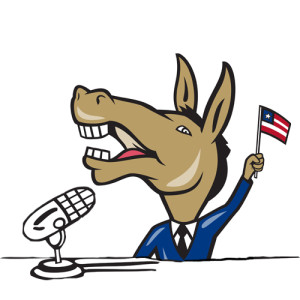
Liberal Commentators on the Presidential Eligibility Clause and Originalism
Both Professors Larry Tribe and Thomas Lee are playing a game of “gotcha” with Ted Cruz when it comes to defining “natural born citizen” under the Presidential Eligibility Clause. Yet, neither are very convincing in their arguments that, base...
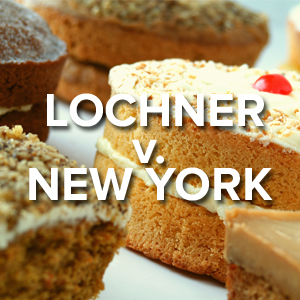
Lochner v. New York: Liberty of Contract
In Lochner v. New York, 198 U.S. 45 (1905), the U.S. Supreme Court struck down a New York law that established maximum working hours for bakers. According to the majority, the right to buy and sell labor was a liberty interest protected under the...
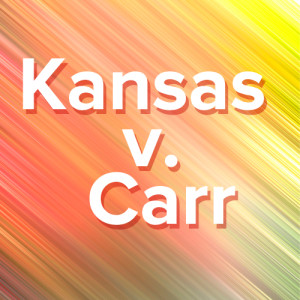
Kansas v. Carr: Capital Sentencing Under the Eighth Amendment
In Kansas v. Carr, 577 U. S. ____ (2016), the U.S. Supreme Court addressed the constitutionality of jury instructions used in two Kansas capital murder cases. The justices ruled that the Eighth Amendment does not mandate that courts instruct ...

Supreme Court Upholds Antitrust Act in Northern Securities Co. v. United States
In Northern Securities Co. v. United States, 193 U.S. 197 (1904), the U.S. Supreme Court held that a holding company formed to create a railroad monopoly violated the Sherman Antitrust Law. The government’s victory in the case helped solidify P...
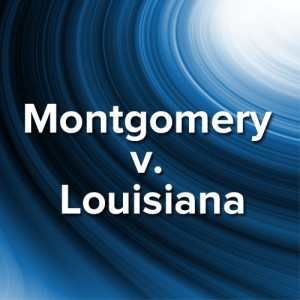
Montgomery v. Louisiana: Juvenile Sentencing Decision Is Retroactive
In Montgomery v. Louisiana, 577 U. S. ____ (2016), the U.S. Supreme Court addressed how state courts should apply its decision in Miller v. Alabama, in which the Court held that the Eighth Amendment prohibits a sentencing scheme that requires life in...
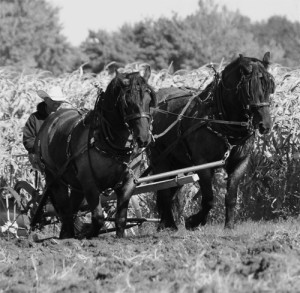
Pollock v. Farmers Loan & Trust Co.: Federal Income Tax Violated the Constitution
In Pollock v. Farmers Loan & Trust Co., 157 U.S. 429 (1895), the U.S. Supreme Court held that federal taxes on interest, dividends and rents violated Article 1 of the U.S. Constitution. In 1913, the adoption of the Sixteenth Amendment nullifi...
Previous Articles
SCOTUS Decision in Bowe v. United States Is First of the 2026 Term
by DONALD SCARINCI on February 5, 2026
In Bowe v. United States, 607 U.S. ___ (2026), the U.S. Supreme Court held that Title 28 U.S.C. § ...
SCOTUS Rules State Can’t Immunize Parties from Federal Civil Liability
by DONALD SCARINCI on January 29, 2026
In John Doe v. Dynamic Physical Therapy, LLC, 607 U.S. ____ (2025) the U.S. Supreme Court held that...
Supreme Court to Address Racial Discrimination in Jury Selection
by DONALD SCARINCI onWhile the U.S. Supreme Court has concluded oral arguments for the year, it continues to add cases t...
The Amendments
-
Amendment1
- Establishment ClauseFree Exercise Clause
- Freedom of Speech
- Freedoms of Press
- Freedom of Assembly, and Petitition
-
Amendment2
- The Right to Bear Arms
-
Amendment4
- Unreasonable Searches and Seizures
-
Amendment5
- Due Process
- Eminent Domain
- Rights of Criminal Defendants
Preamble to the Bill of Rights
Congress of the United States begun and held at the City of New-York, on Wednesday the fourth of March, one thousand seven hundred and eighty nine.
THE Conventions of a number of the States, having at the time of their adopting the Constitution, expressed a desire, in order to prevent misconstruction or abuse of its powers, that further declaratory and restrictive clauses should be added: And as extending the ground of public confidence in the Government, will best ensure the beneficent ends of its institution.
Awards





